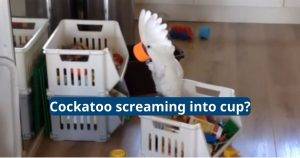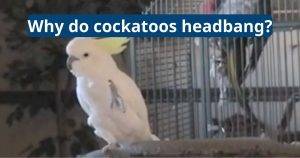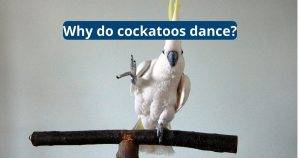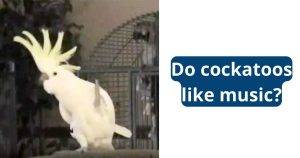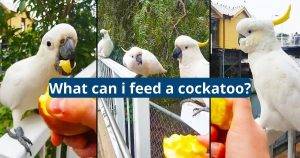Cockatiel bird Lifespan
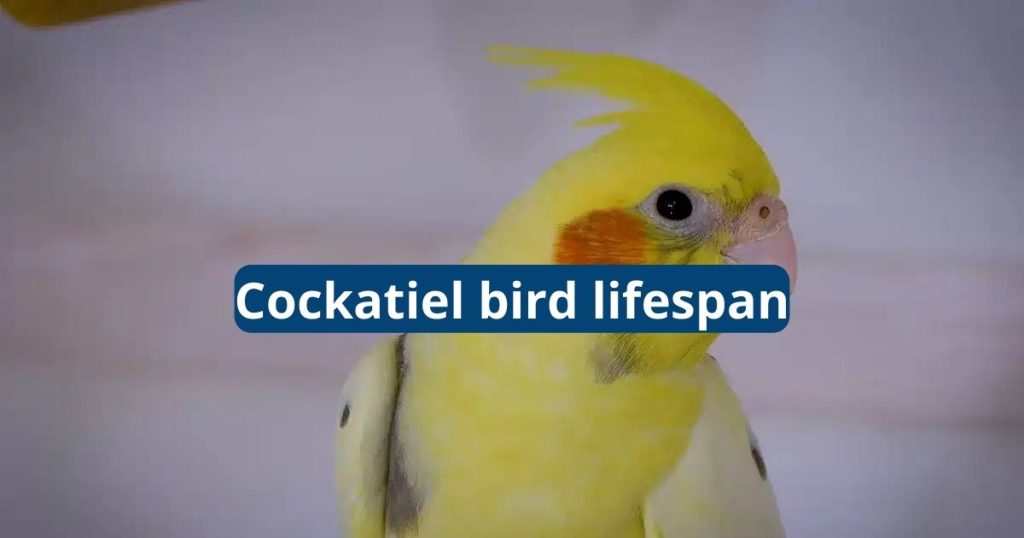
The lifespan of cockatiels can reach up to 30 years if properly cared for. They can live longer if their diet is well balanced and they are not subject to hereditary diseases. Cockatiels thrive better in captivity than they do in their natural habitats. This is due to their lack of predation and healthier diet plans.
Age at maturity
During their first three months of life, young cockatiels grow out all the feathers they need to fly. After this process, they are able to forage for food and become more independent from their parents. They are similar to human infants in terms of their needs.
Cockatiels go through their teenage stage between eight and ten months of age. They can be moody and independent at this point, especially around their opposite sex. They can also exhibit low-key rivalries with other members of their flock.
An erect crest indicates that a bird is feeling curious, active, or scared; while a lowered crest suggests that it is content and calm. An elderly cockatiel may also fluff out its feathers to keep warm, though this can be a sign of illness, so always check with your vet before diagnosing any health issues. With proper care, cockatiels can live up to 30 years. However, sudden illnesses and conditions like egg binding can shorten their lifespans.
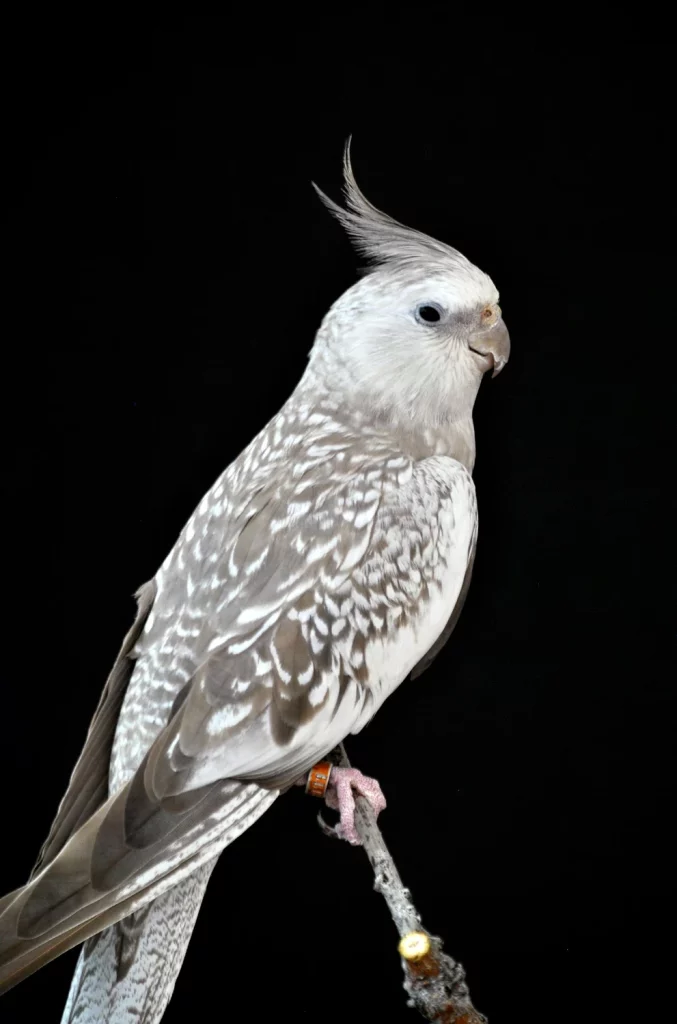
Diet
Cockatiels need a balanced, nutritious diet. This means a variety of foods daily and not just pellets or seeds. Fresh fruit and vegetables are essential to their health.
A variety of vegetables is needed to mimic the naturally varied food in cockatiels’ wild diet. These should make up 20 – 25% of their diet. Greens such as kale, turnip greens, bok choy, collard greens and mustard greens are excellent sources of vitamins and minerals.
The diet should be free of high fat and sugar. This will help prevent obesity and other health problems.
The new bird should be kept separate from the other birds for ninety days to ensure it is healthy. After that time, the two birds can be put in the same cage. But always allow them out of their cages at different times. If they get aggressive, hiss or bite each other, it is best to leave them apart until they can be handled in the same room without aggression.
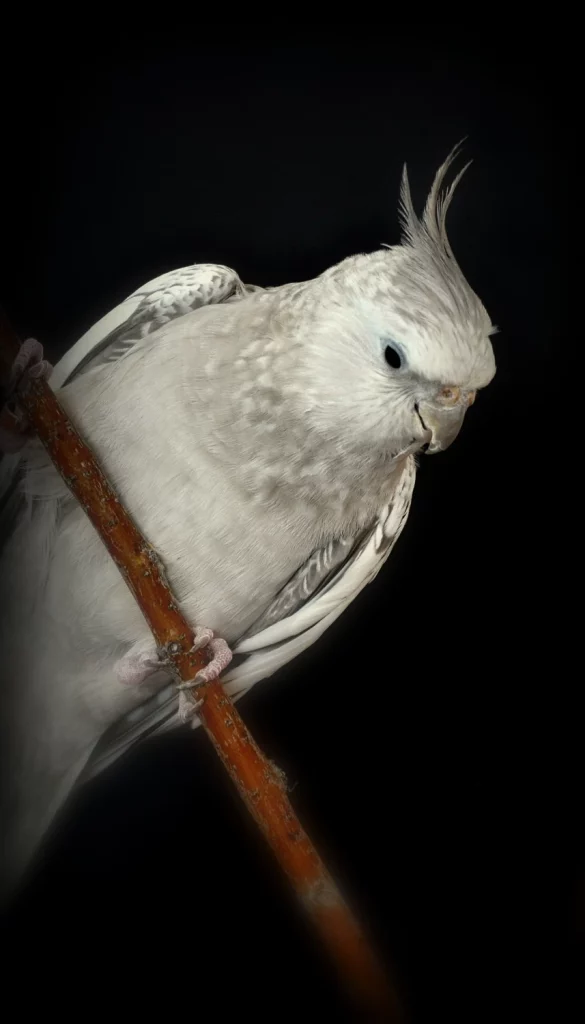
Exercise
A cockatiel’s lifespan can be improved through regular exercise. This activity strengthens muscles, improves coordination, and helps prevent boredom. It also promotes mental wellbeing and enhances the bond between owner and bird.
Like other parrots, cockatiels are highly adaptable and adjust quickly to daily routines. They can live a very long time in captivity, especially when given the right environment and diet. The average cockatiel is believed to live between 10 and 15 human years. This lifespan is shorter than their natural habitat – the Australian Outback – which presents many more dangers than they encounter in their homes.
Cockatiels are sex dimorphic, with males typically having yellow barring on the ventral surface of their tail feathers and wings. In contrast, females have a grey crest and face and a dull orange cheek patch.
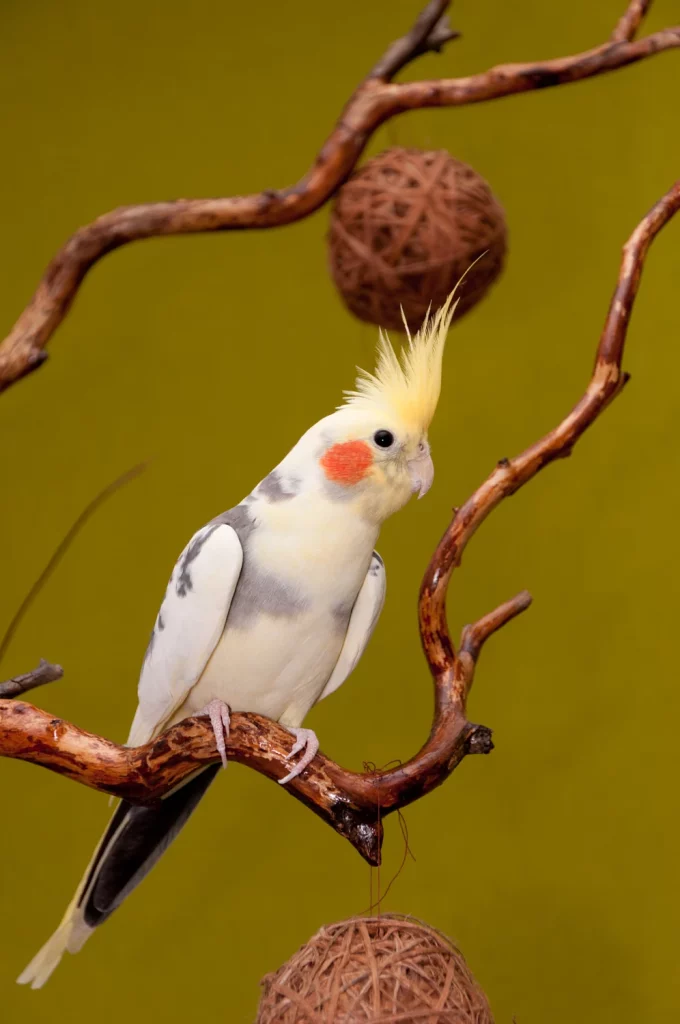
Veterinary care
Cockatiels who live as pets — and in other captive settings such as zoos — tend to have longer lifespans than their wild counterparts. This is largely because they don’t have to worry about natural predators and birds of prey as much, plus they receive a nutritious diet and regular veterinary checkups that encourage well-being.
The cockatiel’s diet should include commercially formulated pellet food and fresh fruits and vegetables, along with daily exercise to prevent obesity. A daily bath and a clean cage are also important, as is a perch made from natural branches, braided rope or wood to prevent sore feet.
A cockatiel’s owner should keep a close eye on their behavior, and contact an avian veterinarian if they experience sudden, watery droppings (which could indicate bowel impaction or Giardia infection). The vet will perform a full examination, lab work and Xrays to determine the cause of the illness. It is vital to catch cockatiel diseases early, as they are very quick to die from them.

